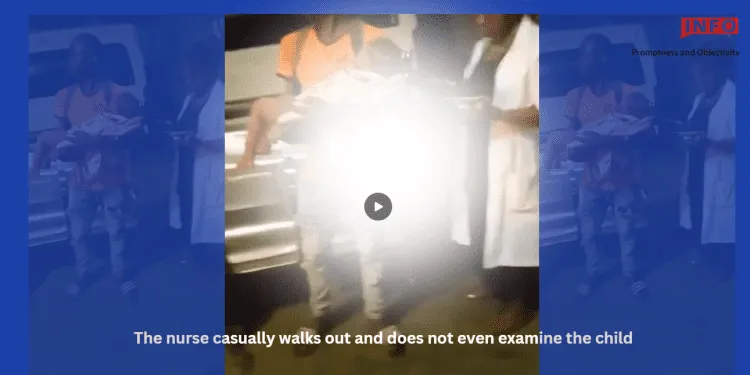On Thursday, February 8, 2024, at around 8 p.m., a tragic accident occurred in the Yaoundé-Ngousso valley of Ntem. A collision between a Soa Bus and a car resulted in a fatal accident, shedding light on the urgent need for improvements in the emergency response system.
Eyewitness account:
The eyewitness, who was returning from work, describes the tragic events that unfolded right in front of his home. “I witnessed a horrifying accident unfold before my eyes. The Soa Bus hit a car from behind, propelling it into a valley,” he said.
The incident becomes even more emotionally devastating when considering the subsequent collision that occurred, involving a mother and her daughter on a motorbike. Tragically, the mother’s life was lost as a result of a delay in receiving necessary medical care. The eyewitness expressed his frustration with the public’s response, stating, “I ran into several health centres around, desperately seeking help, but the public seemed indifferent to the urgency of the situation.”
The eyewitness stressed the urgent requirement for a prompt ambulance response in order to save the mother’s life. Unfortunately, the inefficient public services failed to provide the necessary aid. “For an ambulance to get there, it would have been too late. She died before we could reach Hôpital Gynéco De Yaoundé,” he lamented.
Delays and indifference at the hospital:
The troubling incident persisted at Hôpital Gynéco de Yaoundé, as the child and the mother received no attention for an extra 20 minutes. Shockingly, the reason given was “Le chirurgien n’est pas là,” translating to “The surgeon is not here,” forcing the family to wait helplessly outside, the baby fighting for her life.
Calls for action:
The Yaoundé-Ngousso Valley accident has ignited calls for immediate improvements to Cameroon’s emergency response system. The eyewitness pleaded for global attention, saying, “Please, I would love you to let the world know what we’re going through.”
Local authorities are facing pressure to review and enhance emergency protocols, ensuring swift and efficient assistance in such situations. The need for better infrastructure and more responsive healthcare services resonates deeply with many who have faced similar challenges in the country.



